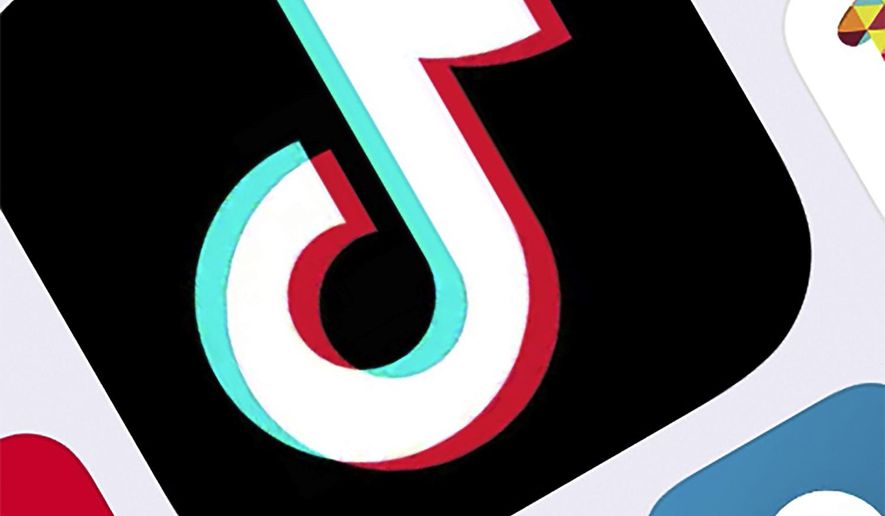TikTok is taking steps to fight the spread of political misinformation on its popular video-sharing platform ahead of November’s election, the company announced Wednesday.
In addition to updating its rules prohibiting misleading content, TikTok said it was adding a new policy banning dangerous synthetic or manipulated video, expanding its relationship with third-party fact-checkers and working with the U.S. government to help defend against potential foreign interference.
Vanessa Pappas, the general manager of TikTok’s operations in the U.S., announced the measures as uncertainty swells concerning the future of the Chinese-owned social media service.
Days after threatening to ban TikTok, President Trump said this week that he spoke to Microsoft about plans for it to buy the app from its Beijing-based parent company, ByteDance.
As millions of TikTok users in the U.S. await further details, Ms. Pappas said it was taking steps to combat political content “designed to disrupt” the November election.
“Misinformation, disinformation and threats to civic engagement are challenges no platform can ignore. By working together as an industry with experts and civil society organizations, we can better protect the civic processes that are so essential to our users,” said Ms. Pappas, a former YouTube executive
Specifically, Ms. Pappas said TikTok is putting in place a new policy prohibiting synthetic or otherwise manipulated content “that misleads users by distorting the truth of events in a way that could cause harm,” effectively banning so-called “deep fakes” videos that contain potentially dangerous misinformation.
TikTok is also tweaking its policy against coordinated inauthentic behavior to more clarify define precisely what sort of conduct the platform prohibits, explained Ms. Pappas.
Under the updated policy, TikTok users are prohibited from creating accounts “to exert influence and sway public opinion while misleading individuals, our community or the larger public about the account’s identity, location or purpose,” according to its language.
TikTok has also expanded its partnership with the websites PolitiFact and Lead Stories to help verify election-related misinformation posted on the platform, Ms. Pappas continued, adding that TikTok has also started working with the U.S. Department of Homeland Security and its Countering Foreign Influence Task Force to help fight disinformation campaigns from abroad.
“While TikTok isn’t the go-to app to follow news or politics, we’re focused on supporting our users with education and authoritative information on important public issues,” she said in a statement.
The U.S. has assessed that Russian social media users made accounts on platforms such as Facebook and Twitter to spread politically-charged misinformation and propaganda during the last White House race in 2016.
More recently, Secretary of State Mike Pompeo said last month that he is “confident” several countries will attempt to interfere in the U.S. electoral process this fall.
“I think the American people should rest assured that whether it’s threats of Chinese interference, Iranian interference, Russian interference or North Korean interference, any country, or even non-state actors who now have capabilities to try to meddle in our elections, know that this administration takes seriously its responsibility to make sure every American’s vote is counted, counted properly and that foreign influence is minimized,” he said at the time.
TikTok has about 100 million users in the U.S., according to the company. It also employs about 1,500 people in the U.S., Ms. Pappas said previously.
• Andrew Blake can be reached at ablake@washingtontimes.com.




Please read our comment policy before commenting.